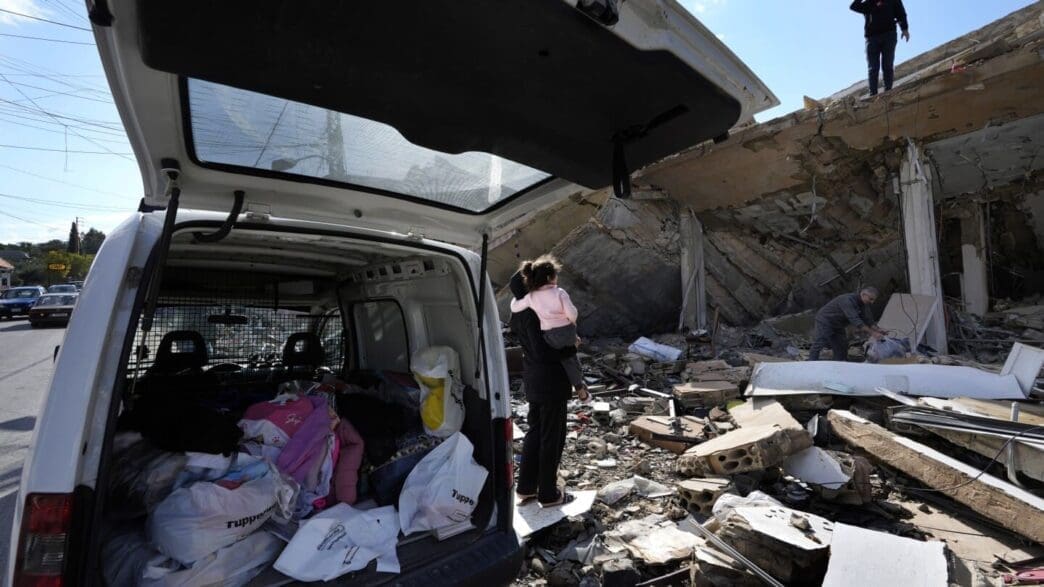Israeli forces have launched airstrikes in southern Lebanon just days after a ceasefire with Hezbollah began, according to reports from Lebanon’s state-run National News Agency.
The recent strikes by Israeli jets on a southern Lebanese border village, along with artillery shelling of several other border towns, have raised tensions just days after a ceasefire between Israel and Hezbollah began. The ceasefire, which was brokered by the United States, has been fragile, with no immediate reports of casualties from the strikes. Israeli authorities have not commented on these recent strikes, and Hezbollah has also remained silent.
Despite the ceasefire, Israel continues to advise displaced Lebanese citizens against returning to several southern villages, maintaining a curfew for movement across the Litani River during specific hours. Lebanese authorities, including Caretaker Prime Minister Najib Mikati, have criticized Israel’s actions, accusing them of violating the ceasefire agreement. However, no military response has been reported from Hezbollah, indicating a tenuous hold on the cessation of hostilities.
The United States has announced the establishment of a monitoring committee for the ceasefire, co-chaired by Major General Jasper Jeffers and U.S. envoy Amos Hochstein. This committee includes international representatives from France, the UN’s peacekeeping mission in southern Lebanon (UNIFIL), Lebanon, and Israel. Hochstein’s role will be temporary until a permanent civilian co-chair is appointed.
Lebanon faces significant challenges in the wake of the conflict, with large areas in the south and east heavily damaged and an estimated 1.2 million people displaced. Efforts are underway to clear unexploded munitions and recover bodies from the rubble. The Lebanese Health Ministry has allocated temporary burial grounds in response to these issues, as families struggle to bury their deceased due to ongoing instability.
The first phase of the ceasefire involves a 60-day period during which Hezbollah is expected to withdraw north of the Litani River and Israeli forces to retreat to northern Israel. Lebanese troops are to take control of the south, alongside UNIFIL peacekeepers. Despite these plans, many Lebanese families face the challenge of burying their dead temporarily due to the volatile situation near the border.
Financial strains compound Lebanon’s recovery efforts, with an $8.5 billion price tag on the war’s destruction. The Lebanese government seeks to raise funds to rebuild and strengthen its military presence in the south, aiming to deploy 10,000 troops. This effort coincides with political movements, as Parliament Speaker Nabih Berri calls for an election to resolve an impasse that has left the country without a functioning government for over two years.
Lebanon continues to navigate the aftermath of recent conflicts as it strives to stabilize and rebuild while dealing with ongoing ceasefire challenges and financial constraints.
Source: Apnews








